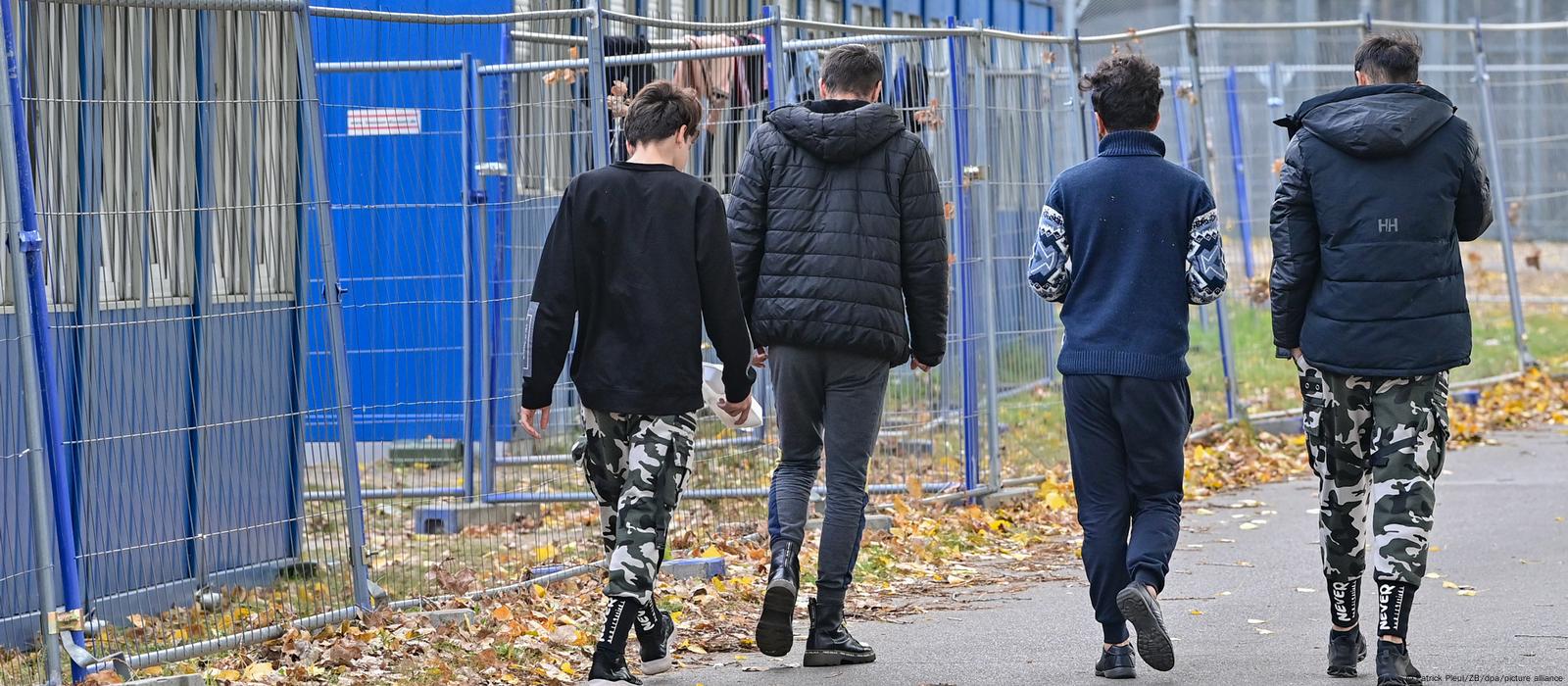According to a report by the European Union Agency for Asylum, asylum applications in Germany decreased by nearly a quarter from early 2024 to the end of September, compared to the same period in 2023. The report also highlighted concerns about refugee movements in Lebanon.
The report, according to Welt in Zontag, was released on October 3, 2024, regarding the migration situation in EU countries and third countries from January to September 2024, compared to the same period in 2023. Notably, the report was made available for publication after being classified as confidential.
According to the report, the majority of asylum seekers in Germany are from Syria, followed by 15% from Afghanistan and 13% from Turkey. Despite a significant decline in the number of applications, Germany continues to receive the highest percentage of asylum seekers in the European Union. In the first nine months of this year, Germany received 170,000 asylum applications, followed by Spain with 120,000, and France and Italy with 115,000 each.
The report also highlighted a sharp decline in asylum applications in several European Union countries. Hungary ranked lowest, with only 21 asylum applications since the start of 2024. In Austria, applications dropped by nearly half, with just 19,000 filed this year. Meanwhile, Switzerland and Norway saw an 8% decrease in asylum applications compared to 2023.
As the war in Lebanon escalates, the European Union Agency for Asylum warned of an increase in refugee movements from Lebanon to EU countries. According to the report, ‘Given the large number of Syrian refugees in Lebanon, estimated at 1.5 million, and the deteriorating humanitarian conditions for all residents of Lebanon, the number of those fleeing across the borders has risen and is likely to continue increasing.
According to an EU report on migration as of September 29, 2024, the war between Israel and Hezbollah has displaced 345,000 people within Lebanon, while over 100,000 have fled to Syria since the conflict began.





